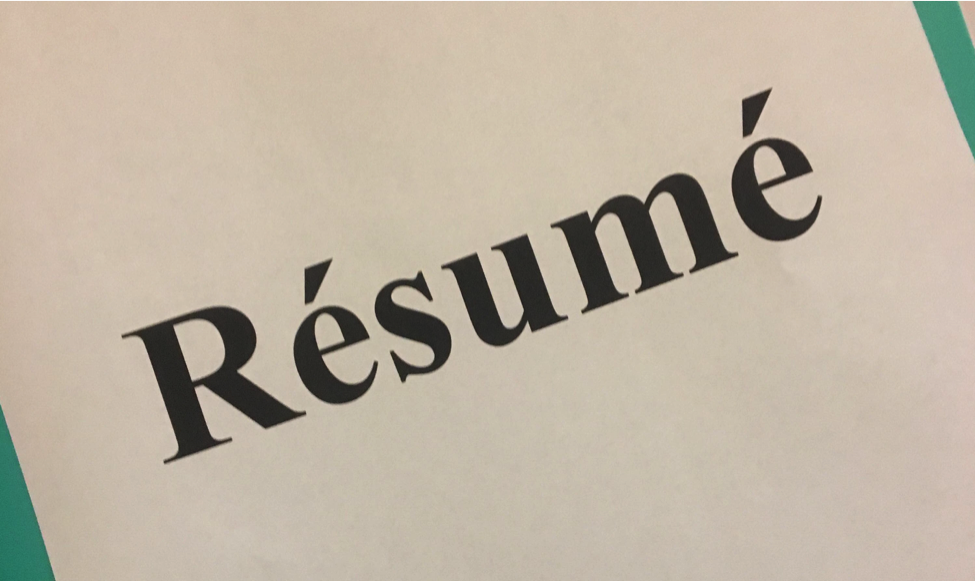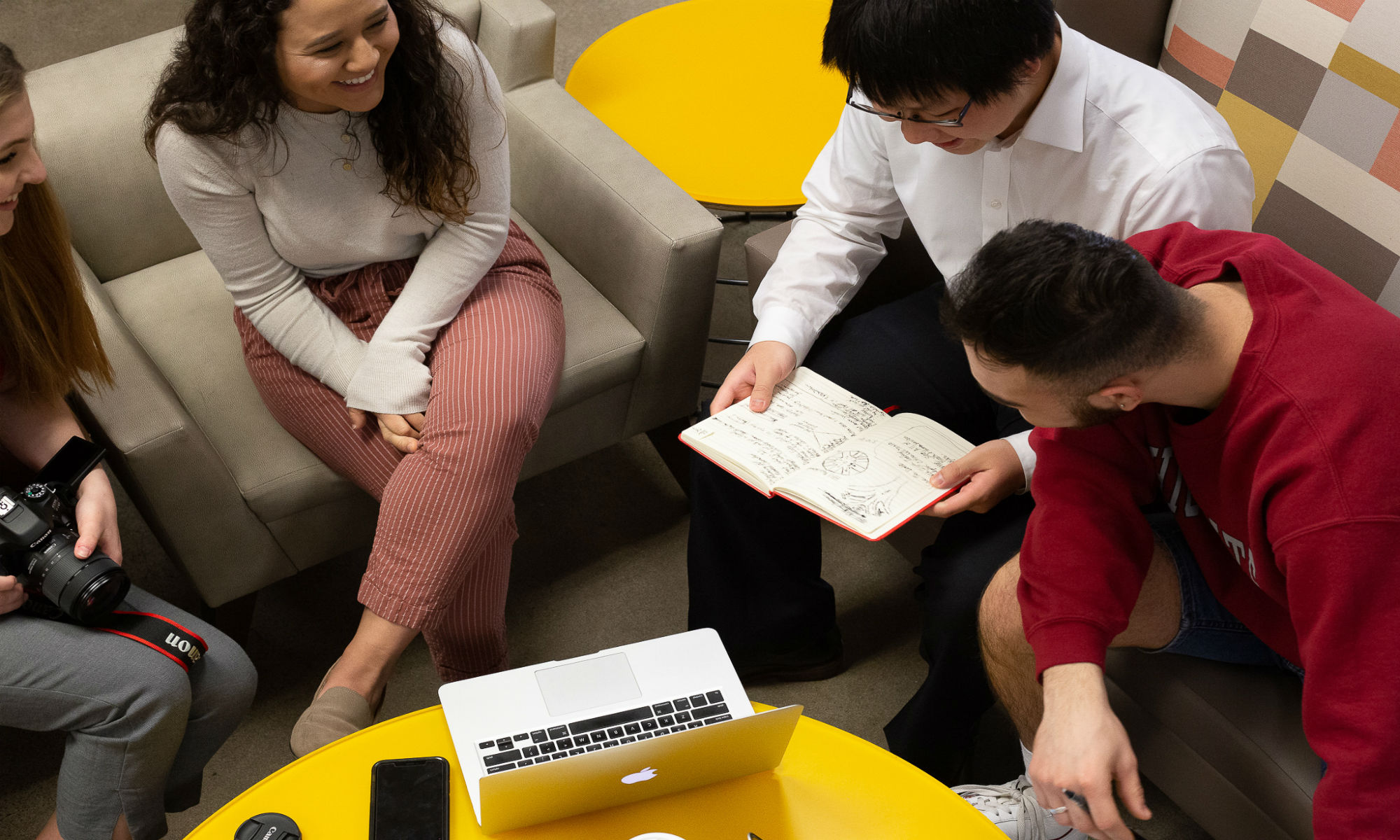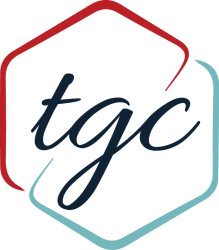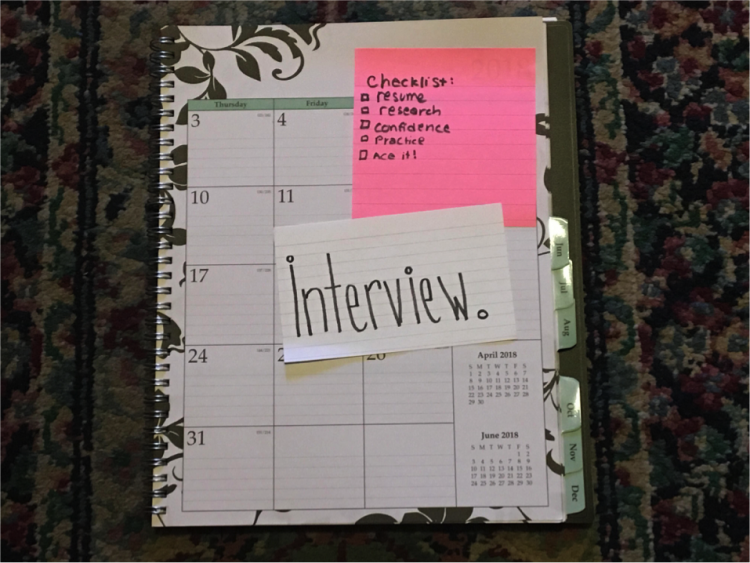- Be confident
The saying “fake it until you make it” holds a high level of truth to it, especially for interviews. It is okay to not be confident internally. As long as you portray confidence externally you are set.
Giving off the illusion of confidence is all about body language. A strong handshake, a smile and good posture are three things that create the image of confidence. Also, be mindful of your body language. Make sure that you are not fiddling with your hair or playing with your clothes because this makes you come across as nervous.
If you want to be confident both on the inside and outside, give positive thinking a chance. Remind yourself of the successes in your life, this will help you feel more confident on the inside and that will show on the outside.
- Dress professional
I always wondered what to wear to interviews. Should I dress business professional, business casual or simply casual? There are two answers to this question.
First, dressing business professional is the safest bet. Looking your best can also increase your confidence level, while showing professionalism. Dressing up may also set you apart from other applicants.
Second, the dress code depends on the company and type of job. When I was applying for a retail position, I dressed in a white T-shirt, jeans and Converse. I knew the company’s brand which was keeping things casual and fun. I arrived at the interview dressed casual because I researched the company and what they were looking for in their employees. Note, this only applies to a slim number of companies and positions. For instance, if you were to apply for a public relations job, it is better to dress business professional.
- Prepare

(Image of planner and checklist for upcoming interview)
Being prepared for interviews shows the interviewer you care. Some ways you can prepare for interviews is to: practice answering typical questions, bring extra copies of your résumé and do your research. Before the interview, research the industry, company and position. This will help you answer any unexpected questions. For example, if I were to apply for a video game company as a public relations professional, I’d research the companies past public relations campaigns for their popular games.
- Ask questions
Try to ask at least two questions at the end of the interview. This will show the interviewer you were attentive and focused during the interview. If you don’t ask questions, it will be a missed opportunity to impress your interviewer.
- Practice
To ensure that your interviewer clearly understands your talking points, practice your lines beforehand. Read through your résumé and practice expanding on the points in your résumé. A lot of the time, interviewers tend to ask questions relating to your résumé. For instance, if you put that you had experience in a collegiate speech and debate team, the interviewer might ask about speech and debate. When you answer such questions, try to incorporate the skills you’ve learned from the experience.
At the end of the day, relax. As long as you’re prepared and confident, your chances of making a good impression are high. I hope you find these five tips as helpful as I did. Good luck.
By: Kim Cuong Nguyen






